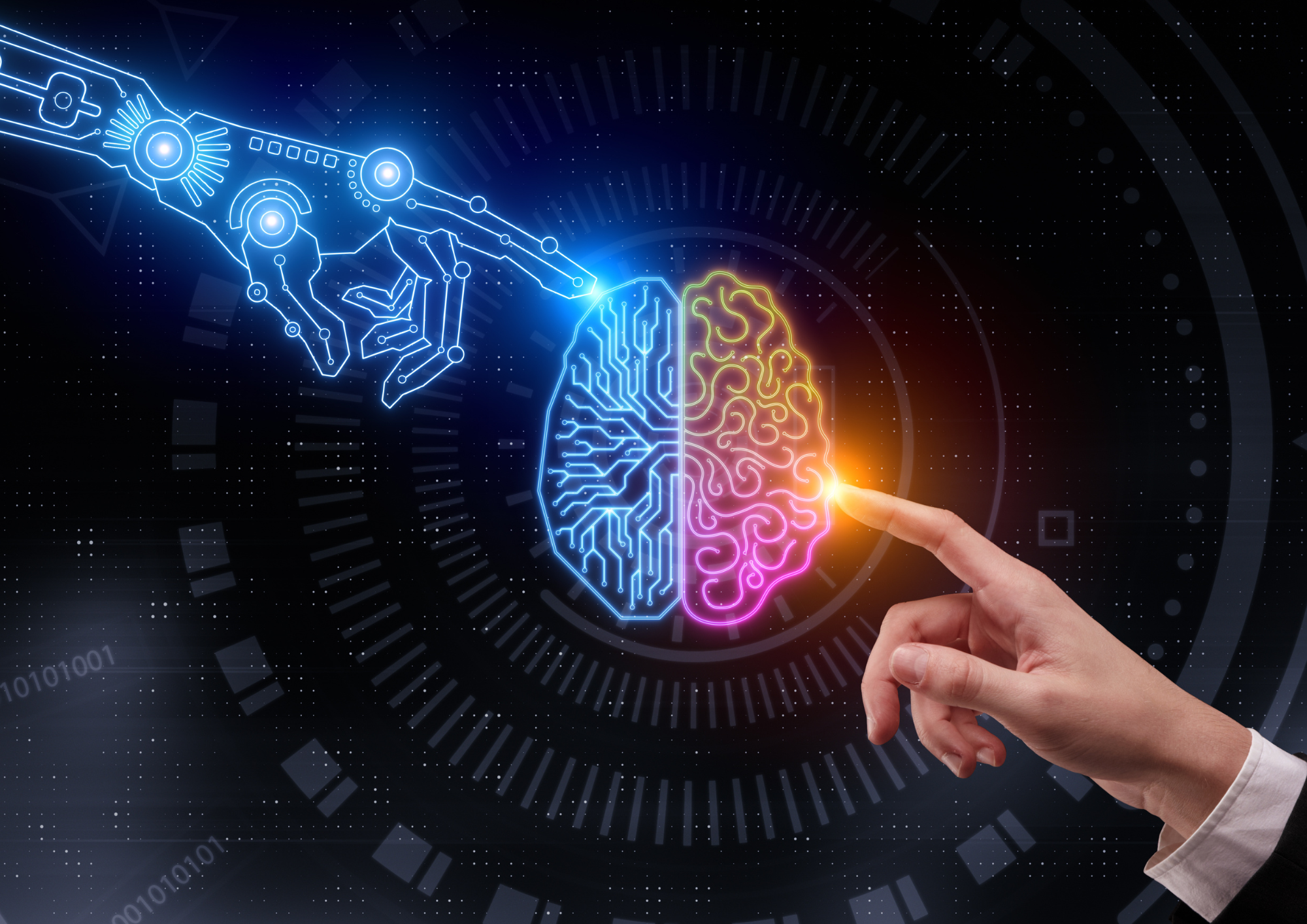The latest developments in artificial intelligence, from supercomputers to canine translation
Artificial intelligence is continuing to make progress every day, increasingly influencing every aspect of our daily lives and opening up possibilities that we couldn’t even imagine before, from technology, through health, to cybersecurity and family. Let’s see together the latest developments that are mandatory to know in the field of artificial intelligence.
Chat GPT almost passed the Turing test
Since the latest version of GPT chat, the popular conversational software has made great progress when it comes to the Turing test. This test, which was proposed in the 1950s by mathematician Alan Turing, evaluates the ability of a machine to exhibit behavior indistinguishable from human intelligence. Chat GPT hasn’t fully passed the test yet, but it’s getting ever closer, showing remarkable progress in its conversational capabilities, which challenge the limits of human-machine interaction
Supercomputer: AI that speaks Italian is born
The first supercomputer equipped with artificial intelligence trained to speak Italian was inaugurated in Italy. This project not only represents a step forward in the creation of localized artificial intelligence, which can interact naturally with people in their native language, but also brings Italy on par with other powers that have worked in this direction . The artificial intelligence in question was trained with Italian texts and data, and is therefore particularly suitable for applications within the Italian culture, language and territory.
Canine translation: Fido barks and the AI translates
Moving on to a context as unusual as it is interesting, one of the recent developments in artificial intelligence is exploring the possibility of “translating” the language of dogs. New super-advanced devices are allowing scientists to decipher the vocal and behavioral signals of our four-legged best friends, opening up the potential to better understand our dogs’ needs, desires and moods. This technology, if perfected, will represent a turning point in the relationship between humans and dogs, improving interspecies communication and potentially opening the doors to a whole world of “translations” from the animal world.
AI and health: predicting infertility
Even in the field of health, the latest developments in artificial intelligence bring big news. In fact, a new AI algorithm was recently developed, which would be able to analyze blood tests and predict the probability of infertility in men. Such progress could have a significant impact on preventive medicine and reproductive health.
Against DeepFake: AI as defense
Deepfakes are manipulated images and videos, usually via AI, that are doctored to deceive and cheat people. For example, they are used to make famous people perform actions, make them say things, and so on. Chat GPT and other cutting-edge AI technologies are developing new ways to identify and combat these threats, bringing them to the forefront of the fight against digital manipulations that are increasingly sophisticated: in short, it looks like we will fight AI… through AI!
Google AI: football between robots
Last, not least, among the latest developments in the field of artificial intelligence, concerns Google’s AI which recently taught two robots to play football. This experiment, in addition to being interesting and fun, demonstrates how artificial intelligence can improve both the motor and decision-making capabilities of robots, increasingly pushing the limits of what machines can do in terms of learning and collaboration.
Conclusions
We have seen, through the latest developments, how artificial intelligence is evolving ever more rapidly, touching a very wide range of sectors and having the potential to completely revolutionize every aspect of our lives. If we continue at this rate, artificial intelligence will continue to amaze us for many years to come.


